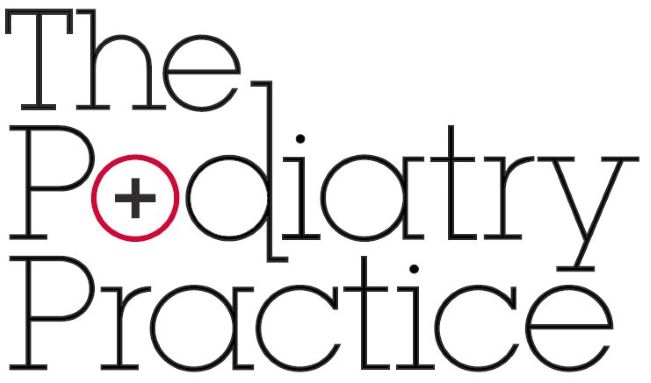With the upcoming open-toe season, unsightly nails can be a cause of concern for many people. At The Podiatry Practice and Ingrown Toenail Centre, we commonly see patients who are worried about the appearance of their nails.
Fungal infection of the nail bed (onychomycosis) can be responsible for thickened, discoloured, deformed, brittle and even painful toenails. There are several factors which can increase the risk of fungal nail infection including being over 60, having diabetes, being involved in sport or sweating regularly and wearing closed shoes which may damage the nails.
At The Podiatry Practice and Ingrown Toenail Centre, the condition can often be diagnosed during an appointment. Where necessary, the podiatrist may also take a scraping to send for laboratory testing.
Thankfully, there are treatments available. These include topical anti-fungal preparations which are designed to eliminate the fungus over a lengthy period (minimum 3 months). These topical medicines tend to work best in the early stages of fungal nail infection, when only one nail or part of one nail is affected. However, the success rates are quite low in the long term.
If the fungal infection is widespread across multiple nails or even the skin, you may need an oral medication. Principal podiatrist Anthony Short, who is endorsed to prescribe scheduled medicines, will work with your General Practitioner (GP) to determine whether this medicine is suitable for you.
In some cases, if the fungal infection is particularly recalcitrant or where oral medication is not suitable, the podiatrist may advise the nail be removed through a minor surgical procedure. This highly effective and low risk surgery is commonly performed by our podiatrists at The Ingrown Toenail Centre to provide a permanent solution to your nail problems.
Don’t let your fungal nails stop you from enjoying the warmer months. Call The Podiatry Practice and Ingrown Toenail centre on 3391 3900 to have your nails assessed by a podiatrist today.


